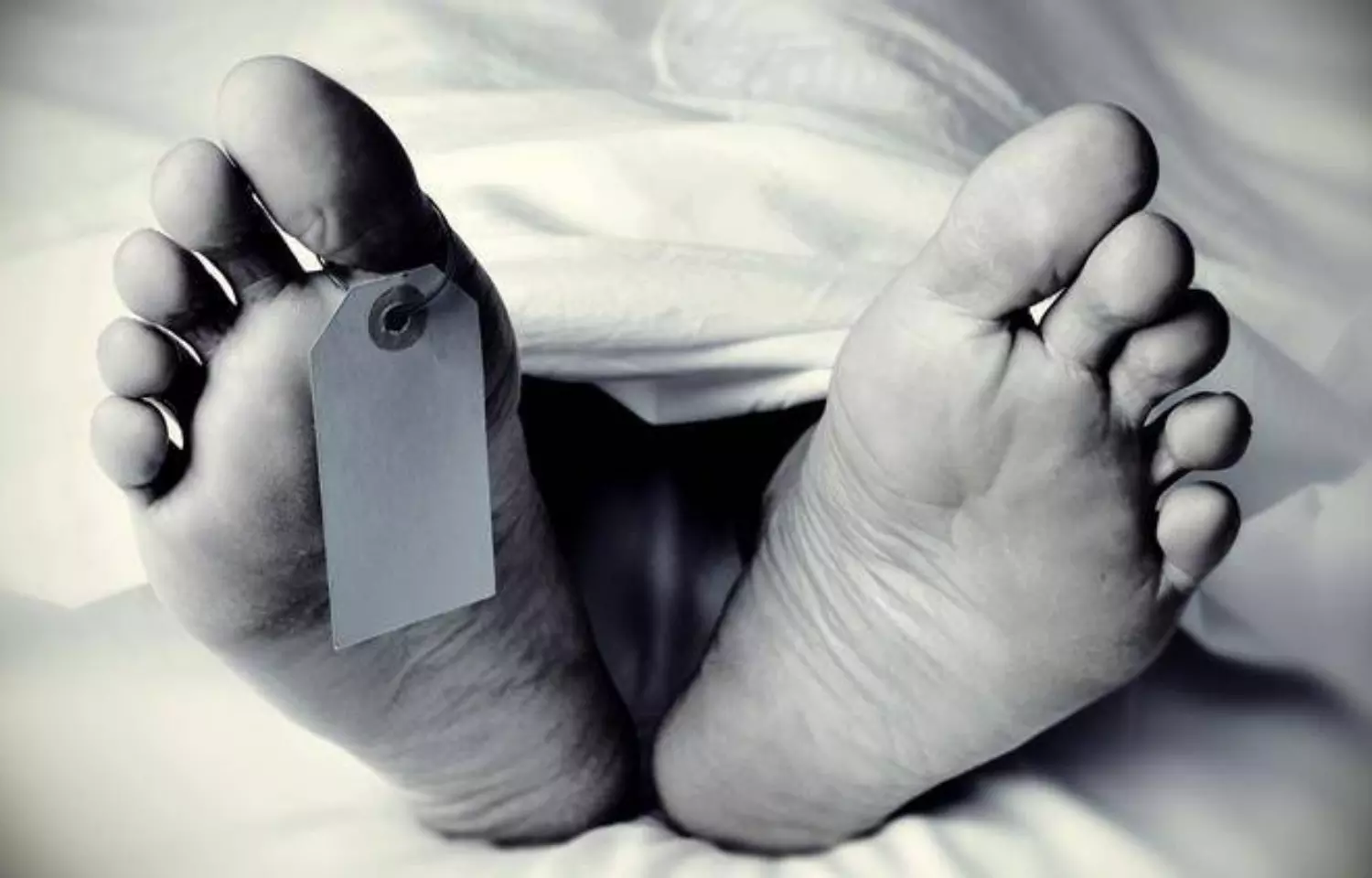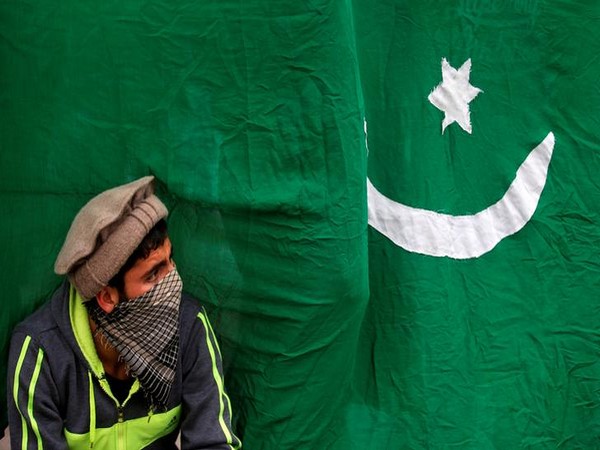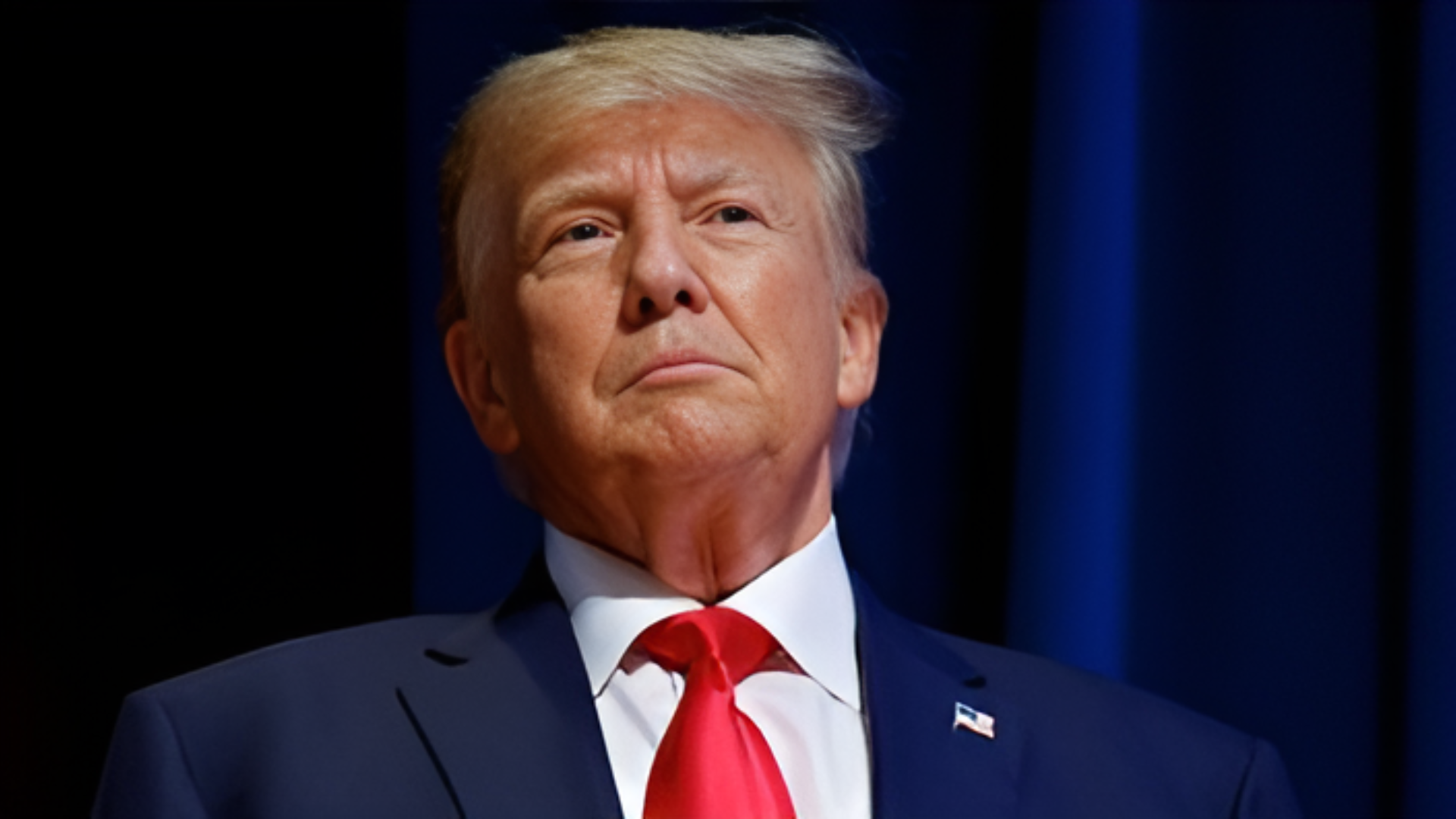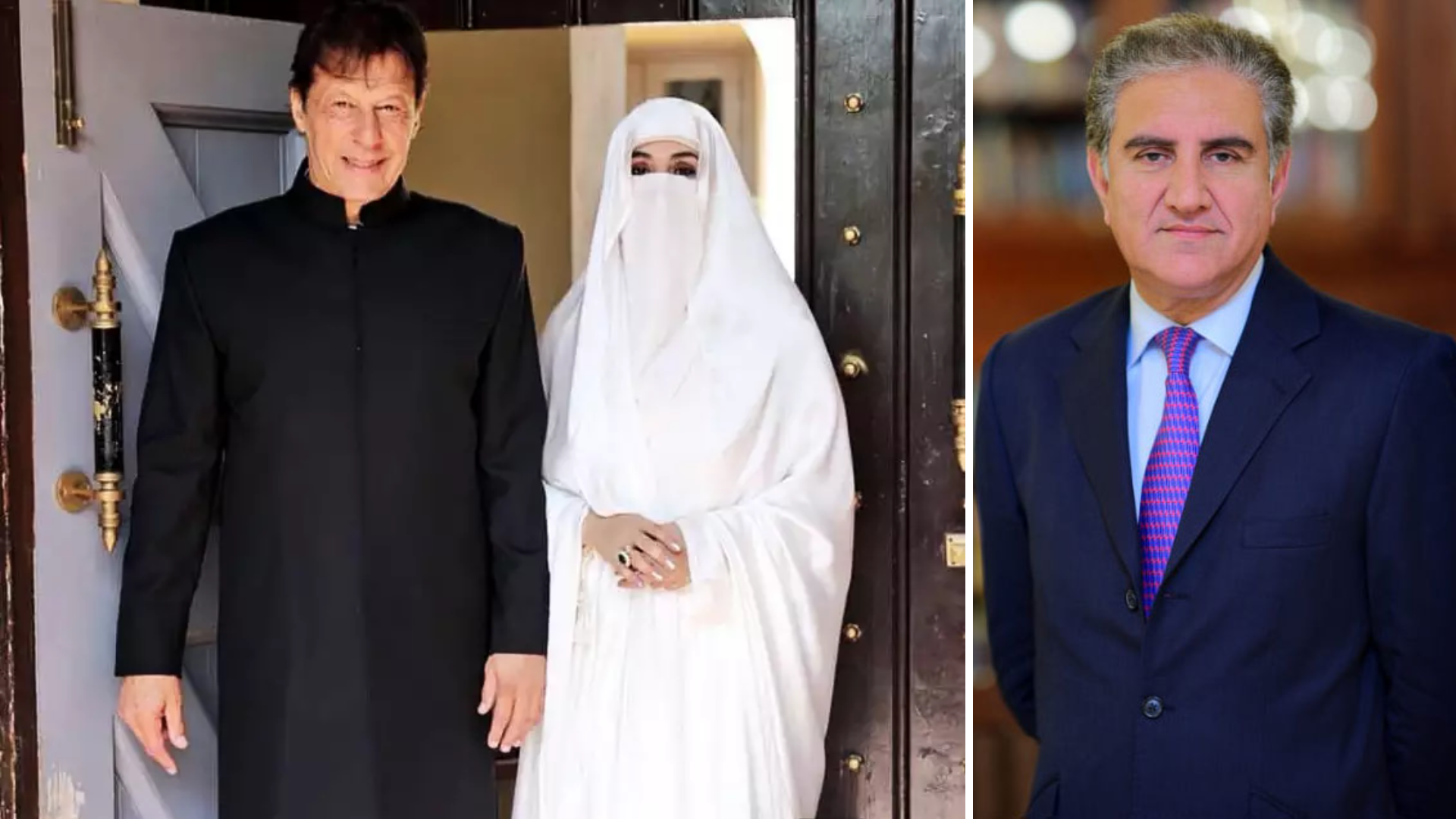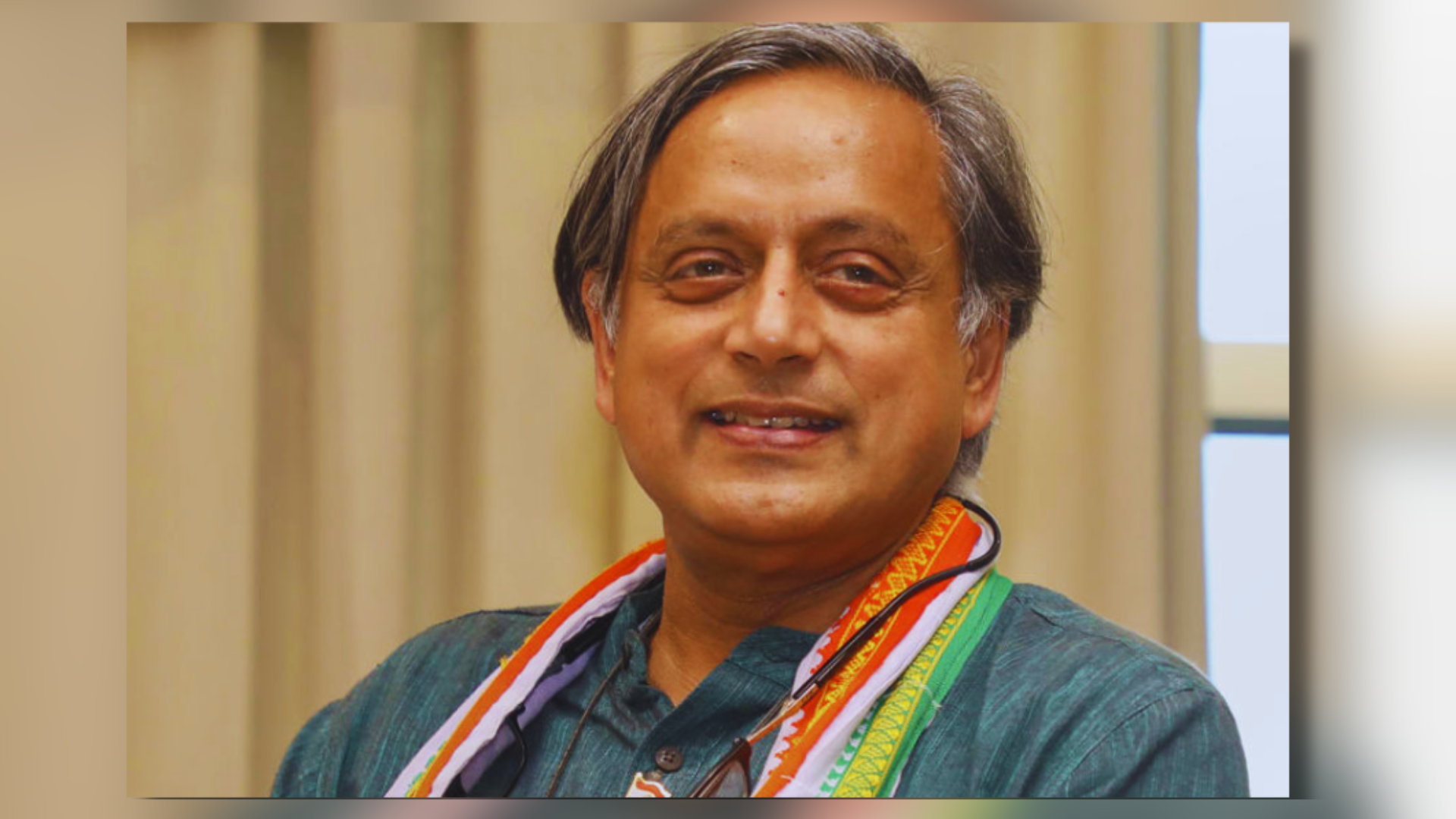The Islamabad High Court (IHC) has approved the appeals filed by former Prime Minister Imran Khan, his spouse Bushra Bibi, and former Minister Shah Mehmood Qureshi regarding their convictions in the cipher and Toshakhana cases, as reported by media.
The court has requested for all the records related to the trial court proceedings by March 7. Imran Khan and Shah Mehmood Qureshi were handed 10-year prison sentences by a special court in the cipher case. In the Toshakhana reference, Imran Khan and his spouse were each sentenced to 14 years in jail.
The cipher case involves the revelation of a confidential cable sent to Islamabad by Pakistan’s ambassador in Washington in early 2022. Both Imran and Shah Mahmood have been convicted of disclosing the document to the public.
The document in question detailed a meeting held on March 7, 2022, between US State Department officials, such as Assistant Secretary of State for the Bureau of South and Central Asian Affairs Donald Lu, and the former Pakistani ambassador to the US, Asad Majeed Khan.
The division bench consisting of IHC Chief Justice Aamer Farooq and Justice Miangul Hassan Aurangzeb heard both appeals. Barrister Syed Ali Zafar and Barrister Salman Safdar were the legal representation of Imran Khan in the cipher case.


